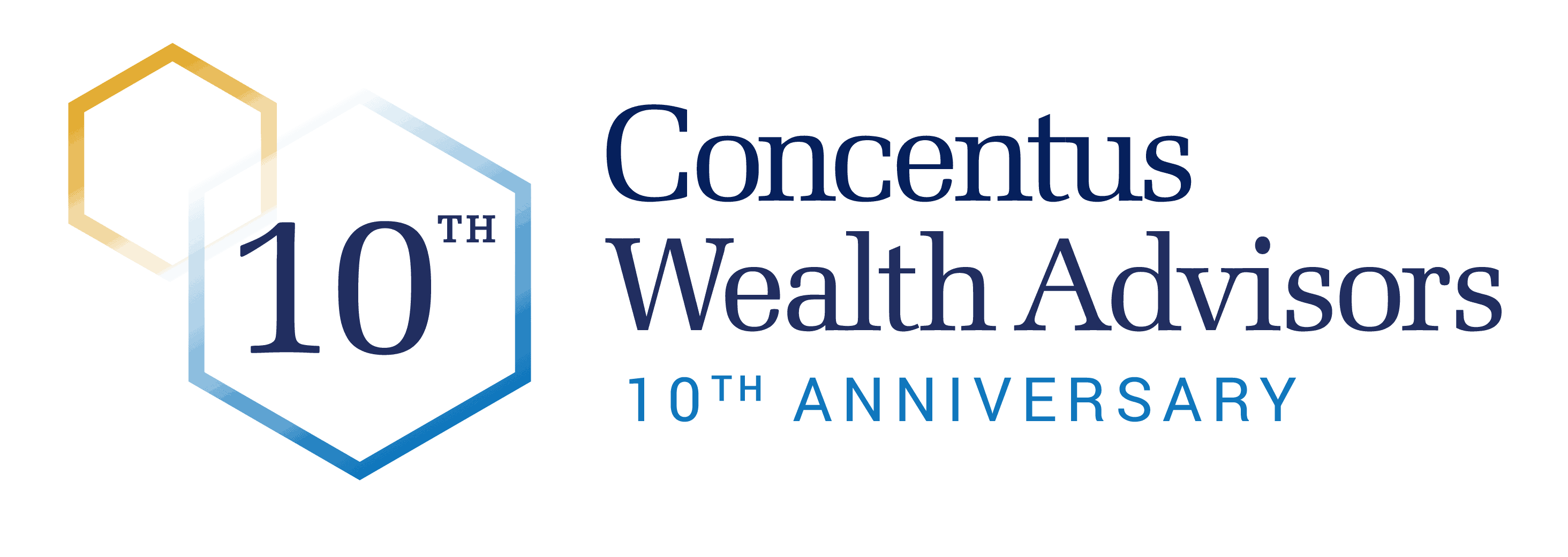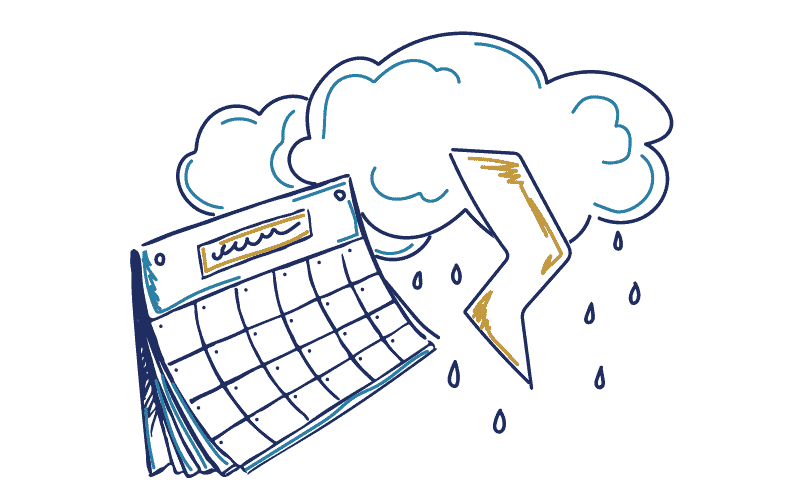“If you mix your politics with your investment decisions, you are making a big mistake.”
– Warren Buffet
In last month’s article, we discussed how dark clouds always contain silver linings. This month, we examine the lessons of 2020 so far.
4 Lessons Learned In The Pandemic
The coronavirus is still very much with us, as is much of the economic dislocation caused by the resulting lockdowns. Although we are evidently closing in rapidly on a vaccine—indeed, a number of vaccines—it may be some time before we have access to it. Frustration is likely to abound as the pandemic continues. Moreover, in the coming weeks, we will have to go through a hyper-partisan presidential election with a variety of voting issues we’ve never had to deal with before.
Let’s take a moment to review what we as investors should have learned—or relearned—since the onset of the stock market panic that began in March and ended when the S&P 500 Index regained its pre-crisis highs in mid-August.
- No amount of study—of economic commentary and market forecasting—ever prepares us for the really dramatic market movements, which always seem to come at us out of deep left field. The really significant changes in equity markets almost always come as a result of some dramatic and unpredictable event, which nobody expected and no amount of analysis could have prepared us for. And these events almost always have the effect of rattling our emotions.
- As a result, trying to make investment strategy out of “expert” prognostication—much less financial journalism—always sets investors up to fail. Making market predictions based on unpredictable current events is an exercise in futility. Instead, having a long-term plan, and working that plan through all the fears (and fads), tends to keep us on the straight and narrow, and helps us to avoid sudden, emotional decisions.
- The equity market fell by 34 percent in 33 days. None of us have ever seen that rapid of a decline before. But with respect to its depth, it was just about average. In fact, the S&P Index has declined by about a third on an average of every five years or so since the end of WWII. In those 75 years, the S&P Index has also gone from about 15 to roughly 3,475 at the time we are writing this. The lesson is that, at least historically, market declines haven’t lasted, and long-term progress has always reasserted itself.
- Almost as suddenly as the market crashed, it completely recovered, surmounting its February 19 all-time high on August Note that the news concerning the virus and the economy continued to be dreadful, even as the market came all the way back. There are actually two great lessons here. First, the speed and trajectory of a major market recovery very often mirrors the violence and depth of the preceding decline. And second, the equity market most often resumes its advance, and may even go into new, higher ground, considerably before the economic picture clears. If we wait to invest before we see unambiguously favorable economic trends (or until an election is over), history tells us that we may have missed a very significant part of the market advance.
The overarching lesson of this year’s swift decline and rapid recovery is, of course, that the market can’t be timed, and that the long-term, goal-focused equity investor is best advised to just ride it out. These are the investment policies Great Investors follow, and if anything, our experience this year has validated this approach even further.
Election Uncertainty
The prevailing sentiment among investors today seems to be that equities have recovered much too fast, are too high, and we are near some kind of “top” in equity prices. Making matters worse, the massive uncertainty surrounding the upcoming presidential election is likely to be the catalyst that causes equity prices to plummet from their lofty peak. Many people believe that it might be a good idea to “sit on the sidelines for a while” until things calm down.
Unfortunately, “uncertainty” is usually a poor reason to exit your equity holdings and makes for a very poor market timing tool. As we explored in a recent article, uncertainty is a permanent fixture in human affairs. The one thing we can guarantee is that regardless of who becomes president, the morning after the inauguration, the world will continue to be a very uncertain place. This fact makes it very difficult, if not impossible, for those who have gone to cash to make a good decision about when to reinvest back into equities.
Moreover, although it is possible that equity prices are reaching an important peak, it doesn’t appear likely to us. We believe strongly that the primary driver of equity returns, and the really serious turning points in the equity market, is human emotion. Extremes in investor psychology are perfectly correlated with extremes in equity prices. As Warren Buffett famously said, we should “be fearful when others are greedy, and greedy when others are fearful.”
Equities Have Not Peaked
Currently, equity fund redemptions are exceeding new purchases by the general public—as they have been, with greater or lesser urgency, for 12 years and counting. In the first eight months of this year alone—with the S&P 500 up 3.4 percent and the NASDAQ Composite up a blazing 21 percent—equity mutual funds and ETFs had net outflows of $226 billion.
You cannot have a bubble in stock prices when the percentage of affluent households holding stocks in some form is still falling every year. Market peaks don’t occur when almost half the investors surveyed are bearish (the historical average is 30 percent), and fewer than 24 percent are bullish. Finally, you cannot have an “overheated market” when the default emotional setting of the individual investor is panic.
If you are considering liquidating your equity portfolio because of the election, you are not alone. Almost 50 percent of American investors and 61 percent of investors globally said they are considering doing the same thing in a recent poll. We have learned that when everyone is thinking of doing the same thing at the same time with their investments, it is usually the wrong thing to do.
As we have pointed out in this space many times before, in our experience, it would be unwise in the extreme to exit the quality equity investments you’ve been accumulating for your most-cherished lifetime financial goals because of the uncertainties surrounding the election. Aside from the self-inflicted wound of incurring capital gains taxes, your chances of getting out and then back in advantageously are historically very poor. It is our experience that an attempt to do this will lead to your buying back your equity portfolio for a higher price than you sold it.
As we have all year—and as we do every election year—we urge you to just stay the course.

